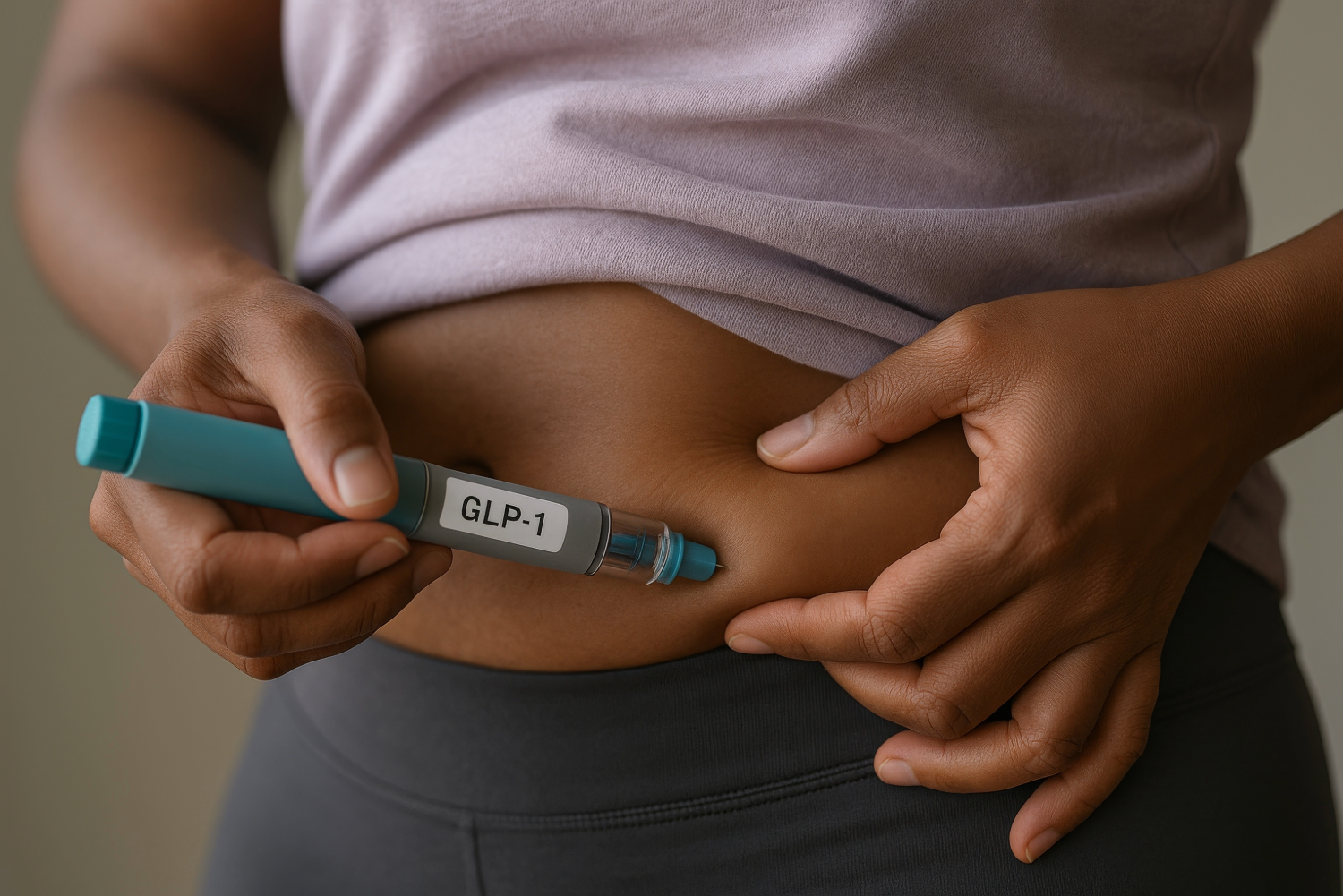News
The Bitter Truth About Sugar
_reg.png)
We are a nation of sugar addicts. In 1900, the average American consumed 4 pounds of sugar each year. The current average sugar consumption in our country is an astronomical 150-170 pounds per person each year. This hard truth has contributed to an obesity rate that is 35.7% for adults. Nearly one third of our children and teens are considered overweight or obese, nearly triple the rate of the 1960s, making childhood obesity the number one health concern among American parents. With our obesity rate soaring, it is time to take a hard look at the added sugar in our diets.
The American Heart Association recommends that children get only one teaspoon of added sugar per day. Women are allowed six teaspoons (100 calories) and men are allowed nine teaspoons (150 calories). The astounding reality is that the average American adult gets 22 teaspoons of added sugar per day while the average American teenager gets 34 teaspoons per day. It’s easy to see that there is work to be done to reduce our sugar intake.
Where Is All That Sugar?
We have created a food supply that is “hyperpalatable.” This means our taste buds are manipulated into loving and craving sugar, keeping us addicted to eating more and more of it. Processed foods are loaded with added sugars. Added sugar is found in obvious places like sweetened drinks. None of us are surprised by the fact that a can of Coke has 10 teaspoons of added sugar. But did you know that a 20-ounce bottle of Gatorade has just one teaspoon less added sugar than a can of Coke? The truth is, our children do not need that much sugar to support them in an hour-long soccer game! A much better choice is to have a banana before the game and water during the game for hydration. This provides a natural source of energy that is packaged with fiber and will help them sustain energy for their game.Added sugars are found in less obvious places like granola bars and yogurt. Surprisingly, a small Yoplait yogurt has as much added sugar (7 tsp.) as one serving of M&Ms. The message here? Learn to read labels.
Top 10 Reasons to Avoid Sugar
- Sugar suppresses your immune system.
- Sugar negatively impacts the gut microbiome and subsequently our digestive health.
- Sugar contributes to obesity.
- Sugar causes tooth decay.
- Sugar provides no nutritional value.
- Sugar robs the body of minerals.
- Sugar speeds the aging process.
- Sugar lowers good cholesterol (HDLs) and raises triglycerides.
- Sugar contributes to migraines and depression.
- Sugar is a major cause of inflammation in the body.
All the Ways to Say Sugar
When reading food labels, it is important to know that there are many ways to say sugar. As a general rule, if a word ends in –ose, it’s sugar (fructose, lactose, maltose, etc.). Other words used may include, but are not limited to, the following: barley malt syrup, corn sweetener, high fructose corn syrup, dehydrated cane juice, brown rice syrup, dextrin, fruit juice concentrate, maltodextrin, treacle and corn sweetener.Tips For Avoiding Added Sugar
When we shop the perimeter of the grocery store, we find more whole foods and less processed ones. Processed foods are typically loaded with added sugar, not to mention the excess sodium and food dyes that are best to avoid. Food guru Michael Pollan summarizes this approach when he says, “If it is a plant, eat it! If it comes from a plant, don’t eat it!”Snack Ideas Without Added Sugars
- Bananas with nut butter
- Plain Greek yogurt with cinnamon and apple slices
- Veggies and hummus
- Homemade granola
- Mixed nuts or seeds
- Roasted chickpeas
- Cheese and crackers
Consuming processed or sugary foods can cause your blood sugar to fluctuate, leading to symptoms of brain fog, fatigue, feeling shaky or jittery and/or craving more sugar and refined carbohydrates. In addition, excessive sugar intake is increasingly recognized as a contributor to impaired cognitive health. While sugar is a quick source of energy, chronic overconsumption—particularly of added sugars—can negatively impact memory, learning, and overall brain function.
Instead of eating processed or sugary foods, consider these healthy alternatives:
- Whole fruits over fruit juices or sugary snacks.
- Opt for complex carbohydrates like vegetables and sweet potatoes.
- Prioritize healthy fats (avocado, nuts, olive oil) and protein.
- Limit intake of sodas, pastries, candy, and processed foods high in added sugars.
A Day of Balanced Blood Sugar
- Breakfast: An omelette cooked in coconut oil with veggies
- Snack: An apple with nut butter or raw veggies and hummus
- Lunch: A green salad with olive oil and chicken
- Dinner: Grilled salmon, asparagus and brown rice
More News
-
New!
More

The Heart of It All: How Cardiovascular Health Shapes Longevity
Most of us know a healthy heart will increase our chances for a long and vital life, but how many of us truly understand how to live for a healthy heart? According to the American Heart Association, heart disease remains the number one cause of death, for both men and women, in the United States.
-
New!
More

GLP-1s and Your Health Journey: What You Need to Know
Interest in GLP-1 agonist medications, once used almost exclusively for diabetes, is soaring. Now widely referred to as weight loss injections, drugs like semaglutide (Ozempic, Wegovy) and tirzepatide (Mounjaro, Zepbound) are ubiquitous in celebrity chatter, social media and everyday patient conversations. But as demand grows, it’s increasingly important to separate hype from reality. Who qualifies for these drugs under FDA guidelines? When are they helpful? And when might carefully supported lifestyle changes offer a safer or more sustainable path?
-
New!
More

Back on the Slopes: How to Recover Physically and Mentally After a Ski or Snowboard Injury
Living in a ski town, injury is inevitable. Recovery isn’t just about regaining strength, it’s about building trust in your body. The best path back to skiing blends physical training with mental conditioning, patience with persistence. With the expert teams at Vail Health - from Howard Head Sports Medicine to Vail Health Behavioral Health - recovery is more than healing; it’s coming back stronger, smarter and more confident than before.





